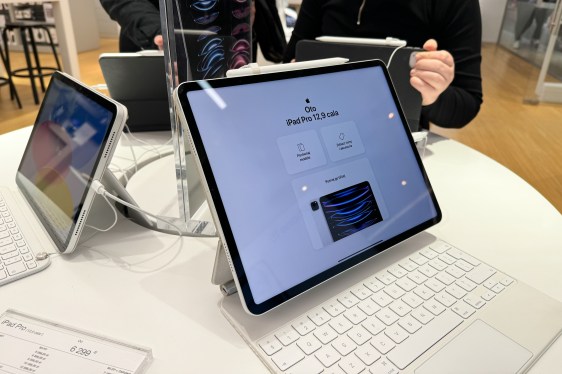
On September 16, Apple will finally allow third-party app stores on the iPad, a move that has been long awaited by many. This change comes with the next major release of iPadOS, the operating system specifically designed for the iPad.
Background: European Union’s Digital Markets Act (DMA)
The DMA is a set of market fairness and pro-competition rules introduced by the European Union. Last fall, the Commission shared a list of six tech companies that have been designated ‘gatekeepers,’ as they operate so-called ‘core platform services’ (CPS). Apple was one of these companies, with its mobile operating system iOS, app distribution marketplace the App Store, and web browser Safari being designated as CPS.
iPadOS Joins the List
In April, the Commission added iPadOS to the list of core platform services. While iPadOS user numbers did not meet the threshold to be in scope of the DMA, the Commission has some leeway in designations. They considered that there are strong locked-in effects for business users in particular.
Compliance with DMA
Apple had six months to update iPadOS and make sure it is compliant with the DMA. This brings us to Friday’s announcement: Starting with iPadOS 18, users in the EU will be able to install alternative app stores. Similarly, web browser developers will be able to release browsers for the iPad with their own browser engines.
Indication of What’s to Come
Given the different DMA compliance timeline for iOS, recent changes to iOS in the EU can be an indication of what’s going to happen for iPad users in the EU. There are already five third-party app stores available for iOS in the EU.
Alternative App Stores on iOS
One example is AltStore PAL, which was the first alternative app marketplace made available on iOS in the EU. You can use it to download video game emulator app Delta, virtual machine app UTM, torrenting app iTorrent, and more.
Apps are notarized by Apple for security purposes before they can be released on alternative app stores. App developers also have to sign new business terms with Apple — and pay a controversial ‘Core Technology Fee’ above a certain threshold.
Epic Games has also launched its alternative iOS app store in the EU so that people can download and play Fortnite, Rocket League Sideswipe, and Fall Guys on their iPhones. The company has already said that it plans to bring Fortnite and its other games to the iPad.
Web Browsers on iPad
While third-party browsers such as Chrome and Firefox have been available for a while, they all still use Apple’s own browser engine WebKit to load web content. Tech companies haven’t taken advantage of the DMA to release an EU-specific browser app for European users so far.
Impact and Implications
The introduction of alternative app stores on iPad will likely have significant implications for the tech industry as a whole. It may lead to increased competition among app developers, with more opportunities for innovation and creativity. However, it also raises questions about data privacy and security, particularly in relation to the notarization process.
Conclusion
The opening up of the iPad to third-party app stores is a significant development that will have far-reaching implications for the tech industry. While there may be challenges ahead, this move has the potential to increase competition and innovation among app developers.








